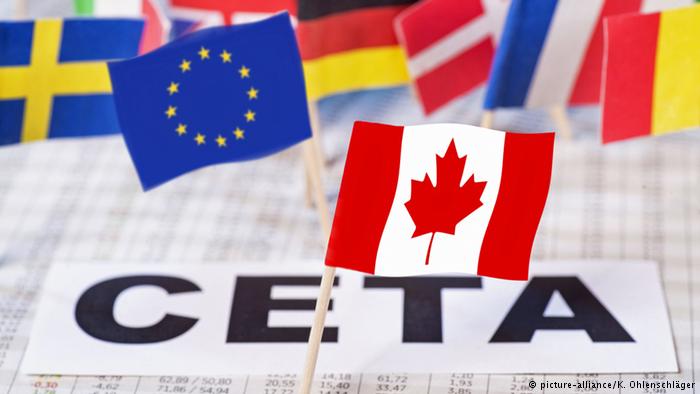What Happened to Our CETA Hopes?

While Canada deals with a second COVID-19 wave threatening an even worse infection rate across the country than we suffered in the spring, our agri-food industry is also faced with trade dilemmas on two fronts
by Cam Patterson
First, the uncertainty of CUSMA while the U.S. sort out the next presidential term. And second, the post-Brexit failure of the CETA trade deal that has Canada’s International Trade Minister, Mary Ng, and Federal Agriculture and Agri-food Minister, Marie-Claude Bibeau, giving key note speeches citing the agreements’ short-comings.
At a recent “vitual” agriculture and food summit, minister Bibeau stressed Canada has yet to reach a balanced relationship with the EU, who has demonstrated a lack of commitment to their end of the deal. Albeit some industries have hit a working stride with the trade agreement, the agriculture sector has been woefully let down.
“Since CETA was put into place three years ago, the deal has failed to deliver on its promises for Canada’s agri-food exporters”
That point was made clear by a letter submitted to Prime Minister Justin Trudeau’s office, dated September 21st, where former premiers Jean Charest (Quebec), Brad Wall (Saskatchewan), Gary Doer (Manitoba), Kathleen Wynne (Ontario), and Ed Stelmach (Alberta), all cited their growing concern over “the lack of commitment the European Union is demonstrating to adhere to the spirit of the Comprehensive Economic and Trade Agreement (CETA)”
“Since CETA was put into place three years ago, the deal has failed to deliver on its promises for Canada’s agri-food exporters,” the premiers stated in the letter. “This outcome results from the EU Commission and EU member states continuing to impose a wide range of trade barriers for pork, beef, canola, sugar and grains, or failing to reduce those that were to be lowered or eliminated altogether through CETA.”
Minister Bibeau’s comments made at the summit echoed her desire for a “more balanced relationship” with the EU.
Early this month British Trade Secretary, Liz Truss, posted a tweet that seemed to suggest hope for the deal. “Trade talks with Canada have commenced. The aim is to provide continuity for businesses by the end of the transition period. Both Britain and Canada are committed to protecting and strengthening our trading relationship.”
The CBC even reported that minister Ng is hopeful a transition agreement can be hammered out “before or in time” for Brexit.
“That will set the stage for a more comprehensive [free trade agreement] with the U.K.,” Ng stated. “The most important thing for me right now is stability for Canadian businesses … It’s our job to make sure that we do our level best to accomplish that environment for them.”
Yet the urgency expressed by the five former premiers in their letter suggests a stronger line in the sand need be drawn. “If the EU cannot implement and enforce agreements it has negotiated, its authority and credibility as a negotiating partner will be severely undermined,” they stated. “This is also true for Canada.”












